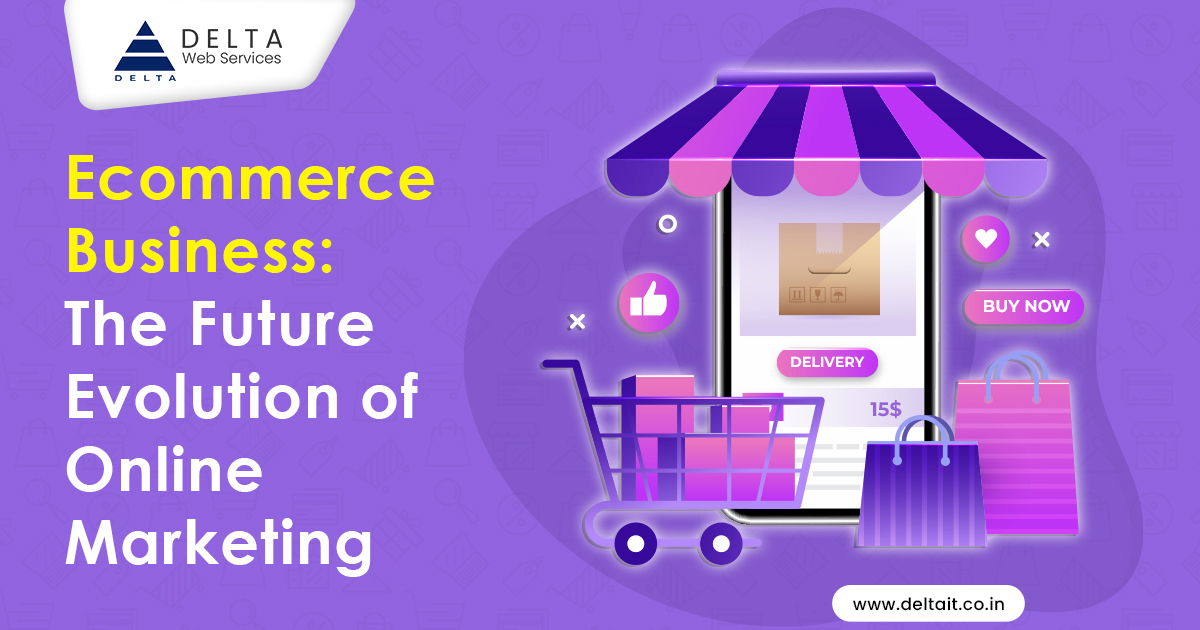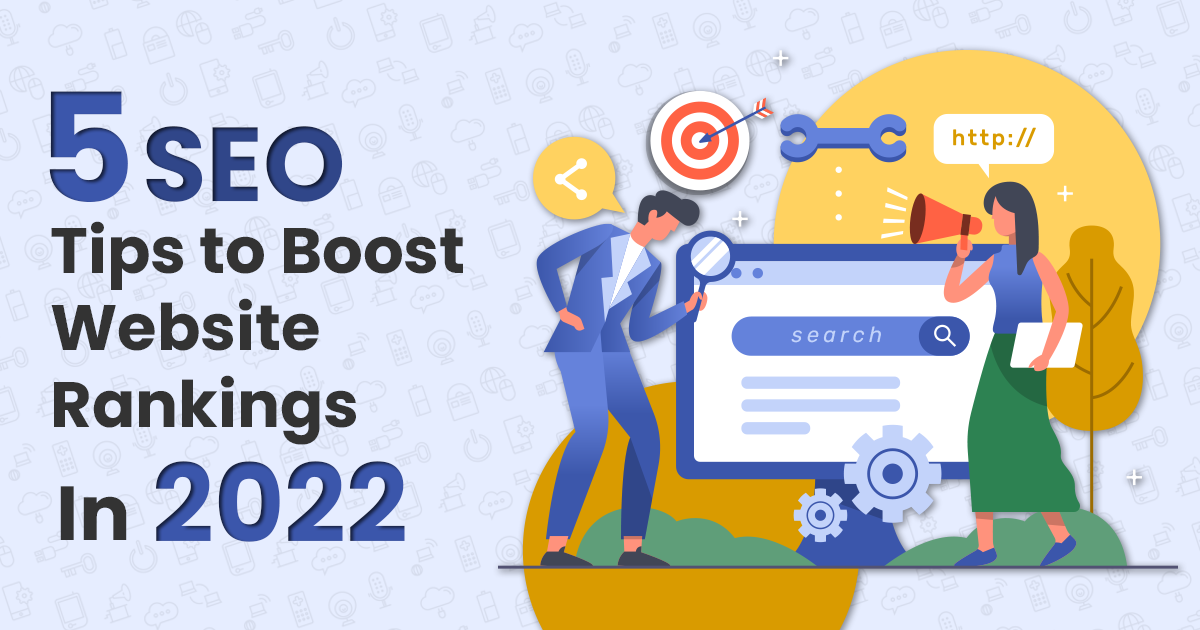
In the ever-evolving digital landscape, social media platforms like Twitter have become crucial for individuals and businesses to connect, share information, and grow their audiences. However, the effectiveness of your post can heavily depend on when you upload them. Understanding the best times to share tweet can help maximize your engagement and reach. Let’s dive into how you can determine these optimal times. If you seek professional guidance, a Social Media Marketing Company in Gurgaon can help you strategize effectively.
Why Timing Matters
It is a fast-paced platform where thousands of tweets are posted every second. Timing is essential for ensuring your post stands out and reaches your target audience. Publish at the correct times can increase the visibility of your post, leading to more likes, retweets, and replies. This engagement can help you build a more substantial online presence and connect with more people.
General Best Times to Uploading
Various studies have suggested general times that work well for tweeting. Here are some insights:
- Weekdays, Mornings, and Evenings: People often check during their morning routine (around 8 AM to 10 AM) and after work (around 6 PM to 9 PM). These are times when users scroll through their feeds and catch up on the latest updates.
- Lunchtime: Another peak time is lunchtime (around 1 PM to 3 PM). People often take a break from work and browse social media during this time.
- Midweek Days: Wednesday and Thursday are the days with the highest engagement. By midweek, people are more likely to interact with social media.
- The Best Day of The Week to Tweet: Monday and Friday, when users are active and looking for content to start or end their week on a high note.
Understanding Your Audience
Even though broad trends can be useful, the optimal times to upload can change based on who your target audience is. Here’s how you can analyze your audience to find the best times for you:
- Utilize Analytics: Access built-in tools that offer insights into your audience's activity. You can see when your followers are most active and use this data to schedule your tweets.
- Experiment and Observe: Try posting at different times and track the engagement each tweet receives. Over time, you will notice patterns that indicate the best times to upload for your specific audience.
- Account for Time Zones: If your audience spans different time zones, consider this when planning your posts. You might need to upload multiple times to effectively reach users in different regions.
Content Matters Too
While timing is important, the content of your uploads is equally critical. To make sure your postings are interesting, follow these suggestions:
- Be Concise: It has a character limit, so make sure your message is clear and to the point.
- Use Visuals: Uploads with images, videos, or GIFs tend to get more engagement than text-only tweets.
- Include Hashtags: Useful hashtags can increase the number of people who see your posts. However, avoid overdoing it; one or two well-chosen hashtags are typically sufficient.
- Interact with Your Audience: Respond to your followers' comments, engage in conversations, and share valuable articles. Engagement is a two-way street.
Delta Web Services, the Best Digital Marketing Agency in Gurgaon, specializes in creating top-notch content, utilizing the best hashtags, and responding to every comment. We create compelling visuals to ensure your uploads stand out and maximize engagement.
Analyzing Your Results
After posting your tweets, analyzing their performance is essential to understand what works best for you. Here’s how you can do it:
- Track Engagement Metrics: Monitor likes, retweets, replies, and clicks to see which posts perform best.
- Review Analytics: Use the insights from Analytics to understand which types of content and publishing times are most effective.
- Adjust Your Strategy: Based on your analysis, tweak your publishing schedule and content strategy to improve engagement.
Adapting to Trends
Its trends change over time, so it is essential to stay flexible and adapt your strategy as needed. Observe these pointers to keep up to date:
- Follow Industry Leaders: Keep an eye on what successful accounts in your industry are doing. Take note of their tactics and modify them to suit your own requirements.
- Stay Updated on Trends: Be aware of the latest trends and features. By doing this, you may interact with your audience in fresh ways and remain relevant.
- Regularly Re-evaluate: Review your posting times and content strategy to ensure they are still effective.
Mastering Twitter Engagement: Strategies from Delta Web Services
Finding the best times to share on Twitter is an ongoing process that requires understanding your audience, experimenting with different times, and using available tools and analytics. By focusing on both timing and content, you can maximize your engagement and make the most of your presence. Remember, staying flexible and adapting to the ever-changing social media landscape is key. Delta Web Services is the best Social Media Marketing Agency in Gurgaon and can manage your social media to help you achieve optimal results. Happy tweeting!
If you want to know more about our services,
please feel free to contact us at:
Mobile: 08826196688 or 9910248322
Email: info@deltait.co.in
Website:www.deltait.co.in


